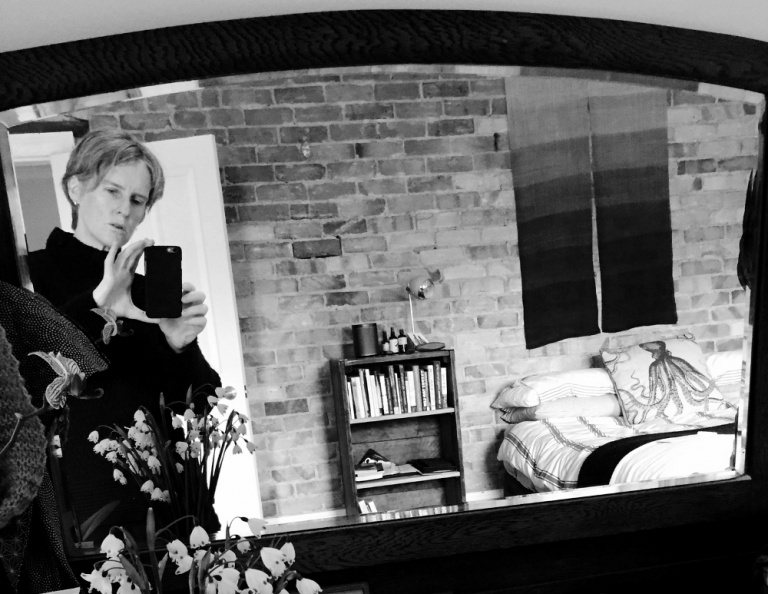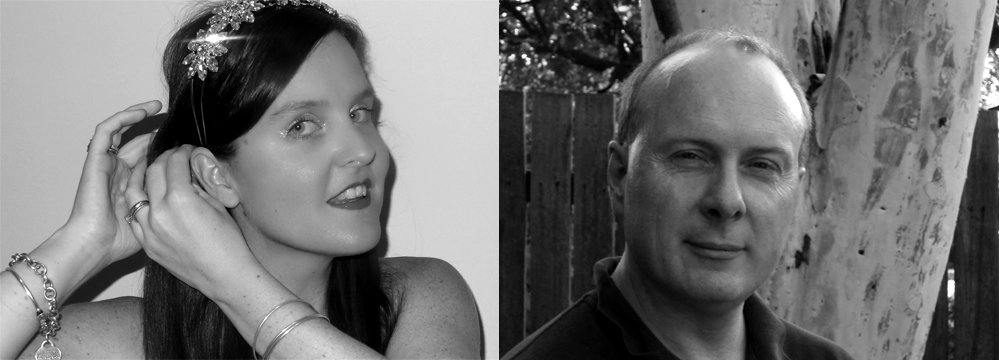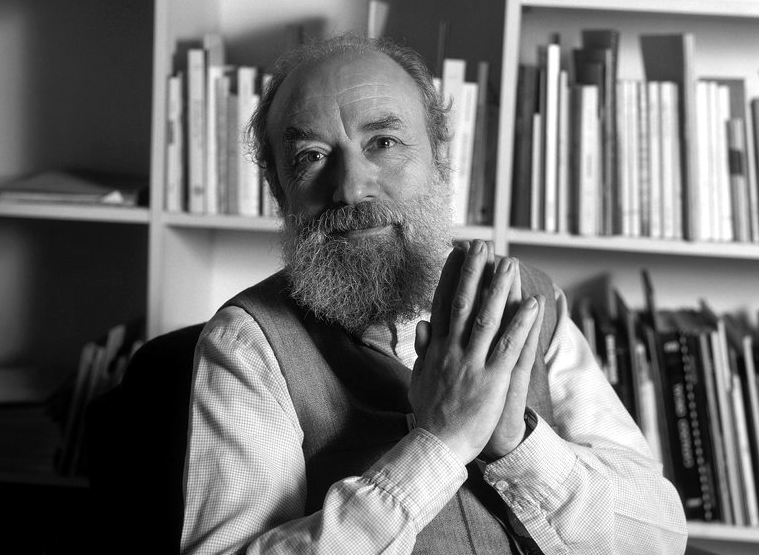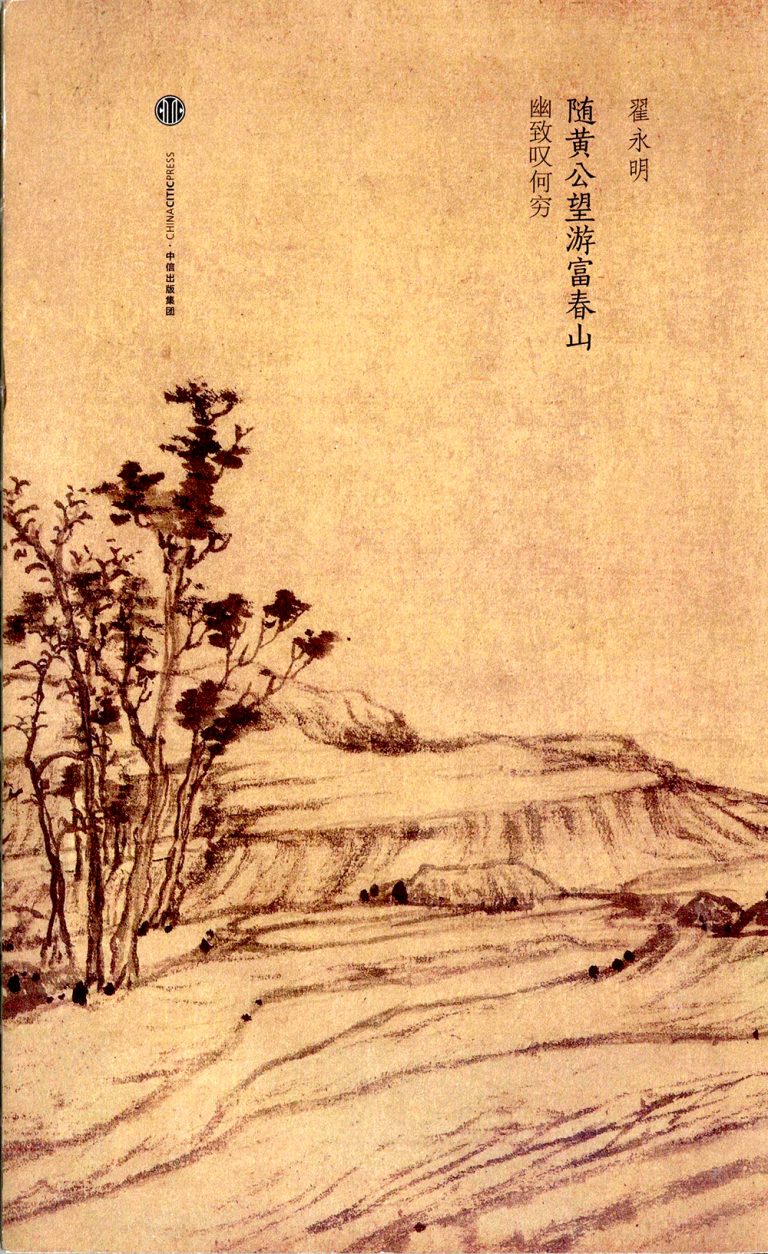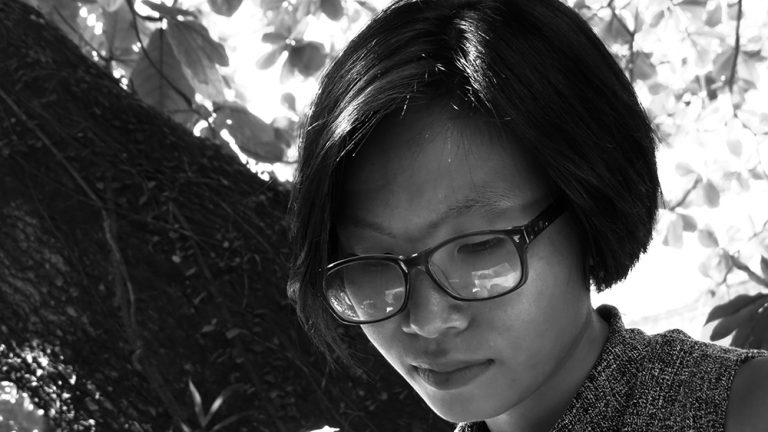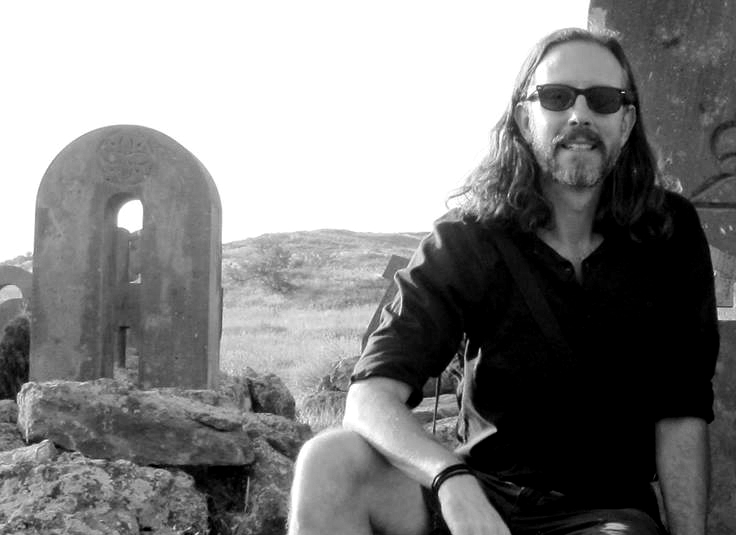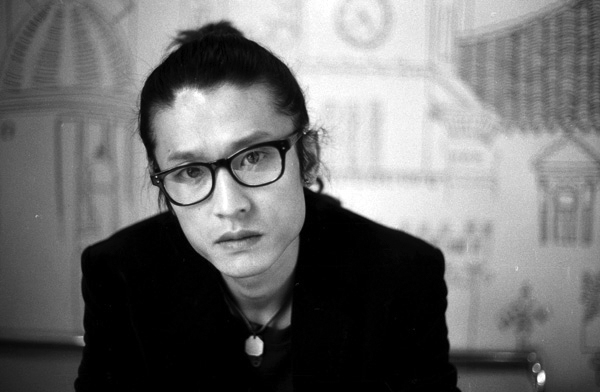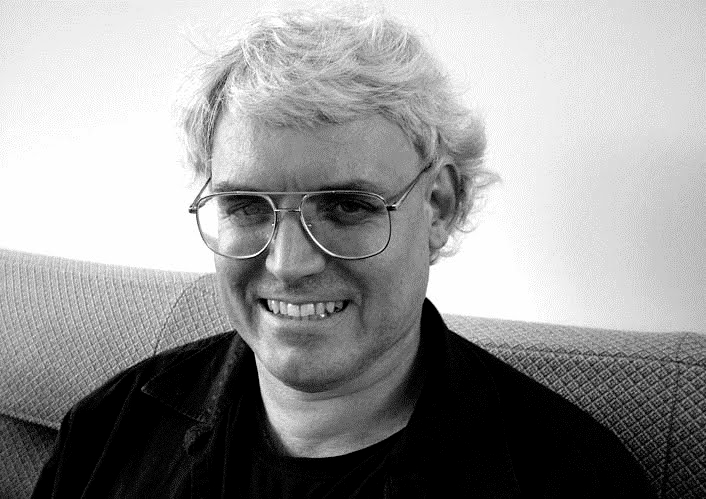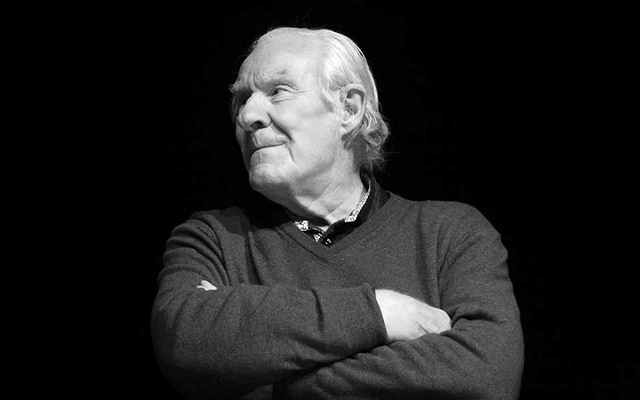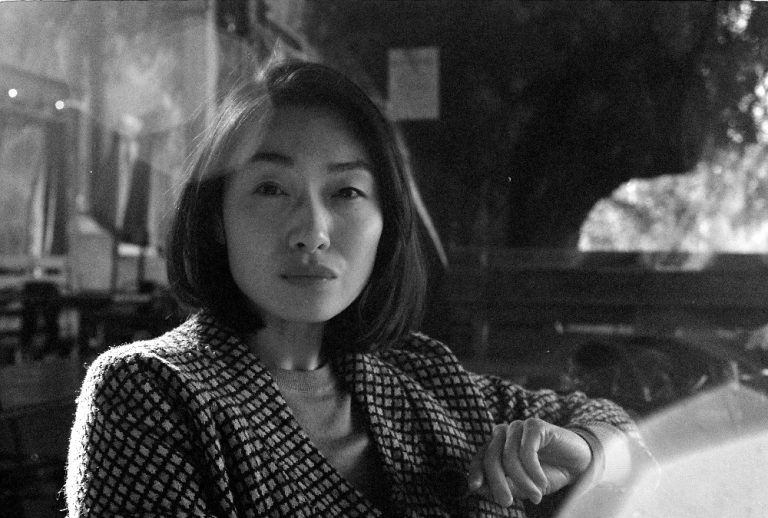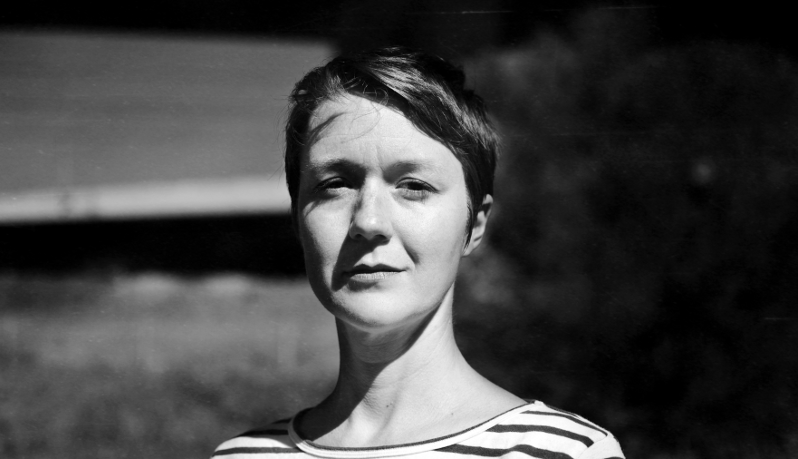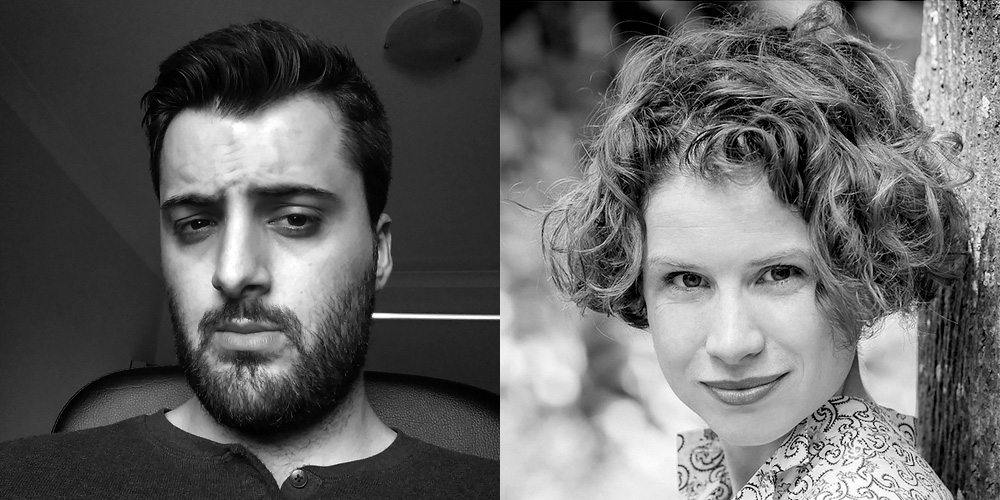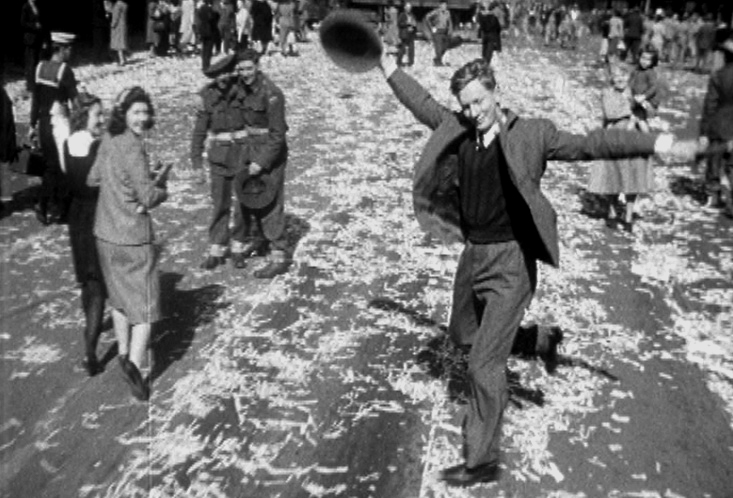ESSAYS
CONFESSION Editorial
Charles Whalley’s essay on post-internet poetics ‘This has been a blue / green message exiting the social world’ takes its title from a Sam Riviere poem, which makes me imagine ‘blue / green’ text messages bubbling like algae blooms on a mobile phone.
‘The atomic landscape … does not allow me to rest’: Kurihara Sadako and the Hibakusha Poet as Public Intellectual
The 70th anniversary of the atomic bomb being dropped on Hiroshima was marked by a solemn ceremony in the Hiroshima Peace Park on 6 August, 2015.
Courrier des Antipodes – Notes on Michel Butor’s Letters from the Antipodes
Just over a week later we heard the sad news that Michel Butor had died on 24 August, 2016 at the age of 89.
The Many Lives of a Handscroll: Inspired by Zhai Yongming’s ‘Ambling along the Fuchun Mountains with Huang Gongwang’
Dwelling in the Fuchun Mountains is a handscroll by the Taoist painter Huang Gongwang from the Yuan Dynasty. It is now acclaimed as one of the ten masterpieces of Chinese painting.
Language Barriers
Many live after L=A=N=G=U=A=G=E then, but few live as it. There is no comparable, or adequate, rupture precisely because there is a lack of Historical, and philosophical, work being done. Cue the misunderstanding of what to radically break with.
Elif Sezen’s ‘Dear Immigrants’ and ‘The Turkish Bath’
I am reminded of Doris Salcedo’s Shibboleth. For the work Salcedo broke a hairline crack into the floor of the Tate Gallery’s Turbine Hall. Running the sheer length of the hall, the crack broadened out to a crevasse of some feet. You walked alongside and gaped in. The floor was later repaired the cracks remain.
Feminine Beings: A Resonance of Voices in Vietnamese Poetry
The authors I touch upon in this essay – perhaps not the female poets most in accordance with my personal taste – share a common story in which I am more or less implicated.
EXPLODE Editorial: Awfully Passionate Egregious Demagogueries … reflections on absolutes, straying, anguish and bees
If poets are in the business of cultivating ‘voice’ then, logically enough, to which ends? Is there an onus not only to learn how to speak but to also become versed in what to speak of?
Sublime Necrophilia or Ceasing To Exist in Order to Be : On Translating Kim Kyung Ju’s I Am a Season that Does Not Exist in the World
Like the male dusky antechinus, an Australian marsupial, translation has an unusually long mating period. For 14 hours it fucks so vigorously that its stress hormones overload, causing its immune system to collapse. It performs the sexy death. A lethal transfer of life. Or is it a deathy sex?
Metapod: An Essay and Analysis
Pokedex Entry #011: Metapod is a Bug Type Pokemon. It evolves into Butterfree.
‘Transgressive Circulation’: Translation and the Threat of Foreign Influence
At the AWP writers’ conference in Minneapolis a couple of years ago, I attended a panel on Paul Celan’s poetry. In the Q & A that followed the panel, the first question was ‘How can we make sure that young American poets are not improperly influenced by Celan’s poetry without truly understanding it?’ The panel responded by offering a variety of possible solutions, such as reading the extensive literature about the poet or reading his letters and journal entries that have been published as well.
Activist Journal: Ireland and Germany Extraction, 2015-16
18/9/2015 Rosewood, Schull, Co. Cork, Ireland. Difficult and full fortnight of work coming up before I have to travel solo to London on bus, ferry and train.
Plato, Badiou and I: an Experiment in Writerly Happiness
I have many irresolvable arguments with a close and particularly argumentative friend of mine. We regularly disagree, in a civilised, congenial way, on specific topics to do with politics, love, the weather, Asian food and ethics.
Sharon Olds, Gwen Harwood and Dorothy Hewett: Truth, Lies, Poetry
In 2008, US poet Sharon Olds came out about her poetry, admitting that her writing is based on her own life. Since the publication of her first book, Satan Says, in 1980, when she was thirty-seven, she’d been evading questions about the biographical basis of her work.
On the Sidewalk: Towards an Ethopoetics of the Streets
In his prose poem ‘The Eyes of the Poor,’ Baudelaire stages a Parisian tableau that brings together the disenfranchised poor and the privileged bourgeoisie in an awkward moment of encounter. The lyric / narrative ‘I’ and his female companion were …
DALIT / INDIGENOUS AUSTRALIAN Editorial
This special issue of Cordite Poetry Review has its roots in a project Mridula Nath Chakraborty has been working on for the last three years.
Documentation: Molten Upset’s Poetry & Noise
Hannah Earles reads from poems written on her bed sheets while Natasha Havir Smith plays electric violin. Molten Upset is a collective name for us – Autumn Royal and Lisa Lerkenfeldt – and we were stimulated by a kind of …
FUTURE MACHINES Editorial
The theme for this issue arose from a chance encounter with a flying machine and a Frenchman.
Unbidden: Settler Poetry in the Presence of Indigenous Sovereignty
Influenced and shaped by some fifty years of Indigenous poetry in English, the last couple of decades of Australian settler poetry have advanced prolific attempts to ‘write (oneself) into the country’ (Van Teeseling 209): producing varied and sometimes radical poetries of regionality, topography, climate, and the histories, narratives and landmarks running through and over them.
‘The birds of paradise sing without a needing a supple branch’: Joseph Brodsky and the Poetics of Exile
During his lifetime, Joseph Brodsky – political prisoner, exile, Nobel Prize winner – was virtually unknown in his native, Soviet-era Russia. Following the collapse of the Soviet Union, in the early 1990s Brodsky’s poetry became officially available to the public for the first time in the country, which had hitherto so furiously rejected him. By then already an established poet and essayist in the West, his quick (albeit posthumous) homecoming fame shortly followed, positioning Brodsky firmly in the minds of first-time Russian readers as a political martyr, poet-iconoclast and a major symbol of the Russian dissident literary world.
Translingualism, Home, Ambivalence: The Poet Dimitris Tsaloumas
The death of Dimitris Tsaloumas (1921-2016) invites us to revisit and re-evaluate his poetry without the critical anxiety to place him within the historical taxonomies of Australian literature or the hermeneutical suspicion about its belonging. The task of situating his poetry will take time as the canon of Australian literature is still fluid and its main parameters are not yet finalised.
NO THEME V Editorial
I must admit that I ventured – no, sauntered – into this guest editing position on feet of clouds. Such a fantastic opportunity to peek behind the curtains of one of Australia’s best and most prolific poetry publications was not to be missed, I thought. In fact, it seemed almost too good to be true.
Virginia Woolf’s Incidental Pilot, Marianne Wex’s Legroom and the Dancing Man
I first read Virginia Woolf’s short – just six pages – essay, ‘Flying Over London’ (Selected Essays, Oxford University Press, 2009), in a café in Sydney. The barista deftly worked a rising swan into the frothy surface of my coffee.

